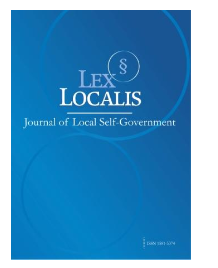DESIGN OF INDONESIA'S TRANSFER PRICING POLICY TO ANTICIPATE TAX DISPUTES: A STUDY BASED ON INTERNATIONAL BEST PRACTICES
DOI:
https://doi.org/10.52152/802044Keywords:
Transfer Pricing, Policy Design, International Best Practice, Arm's Length PrincipleAbstract
Transfer pricing disputes are a crucial issue in Indonesia, creating legal uncertainty and high costs for both taxpayers and tax authorities. This study aims to analyze Indonesia's transfer pricing policy design in anticipating disputes by conducting a comparative review based on international best practices. Using a qualitative approach with a comparative document analysis method, this research compares Indonesia's policy framework with that of Malaysia, Singapore, India, and Australia, with primary data sourced from OECD country profiles. The analysis reveals that although Indonesia's regulatory foundation is aligned with international standards, there are significant weaknesses in its dispute prevention aspects. These weaknesses include the absence of a comprehensive safe harbour mechanism, a purely punitive sanction philosophy without incentive elements, and a lack of efficient alternative domestic dispute resolution channels. This study concludes that a paradigm shift is needed from a reactive approach towards a proactive and preventive policy design. Key recommendations include the development of practical safe harbours, the introduction of an incentive-based sanction system, and the establishment of a more efficient domestic dispute resolution mechanism to enhance legal certainty and reduce the frequency of disputes.
Downloads
Published
Issue
Section
License
Copyright (c) 2025 Lex localis - Journal of Local Self-Government

This work is licensed under a Creative Commons Attribution-NonCommercial-NoDerivatives 4.0 International License.








